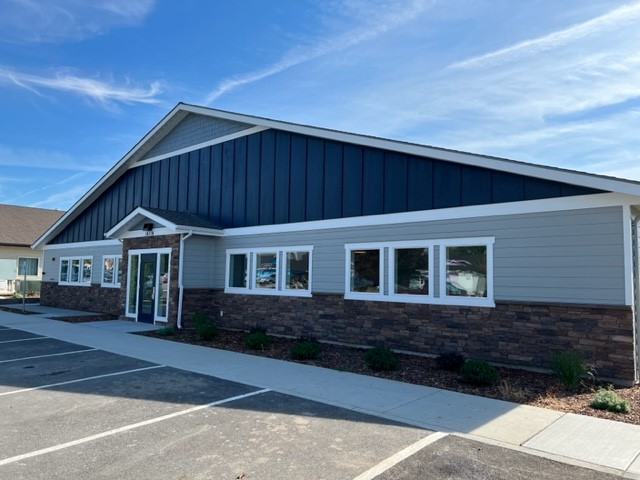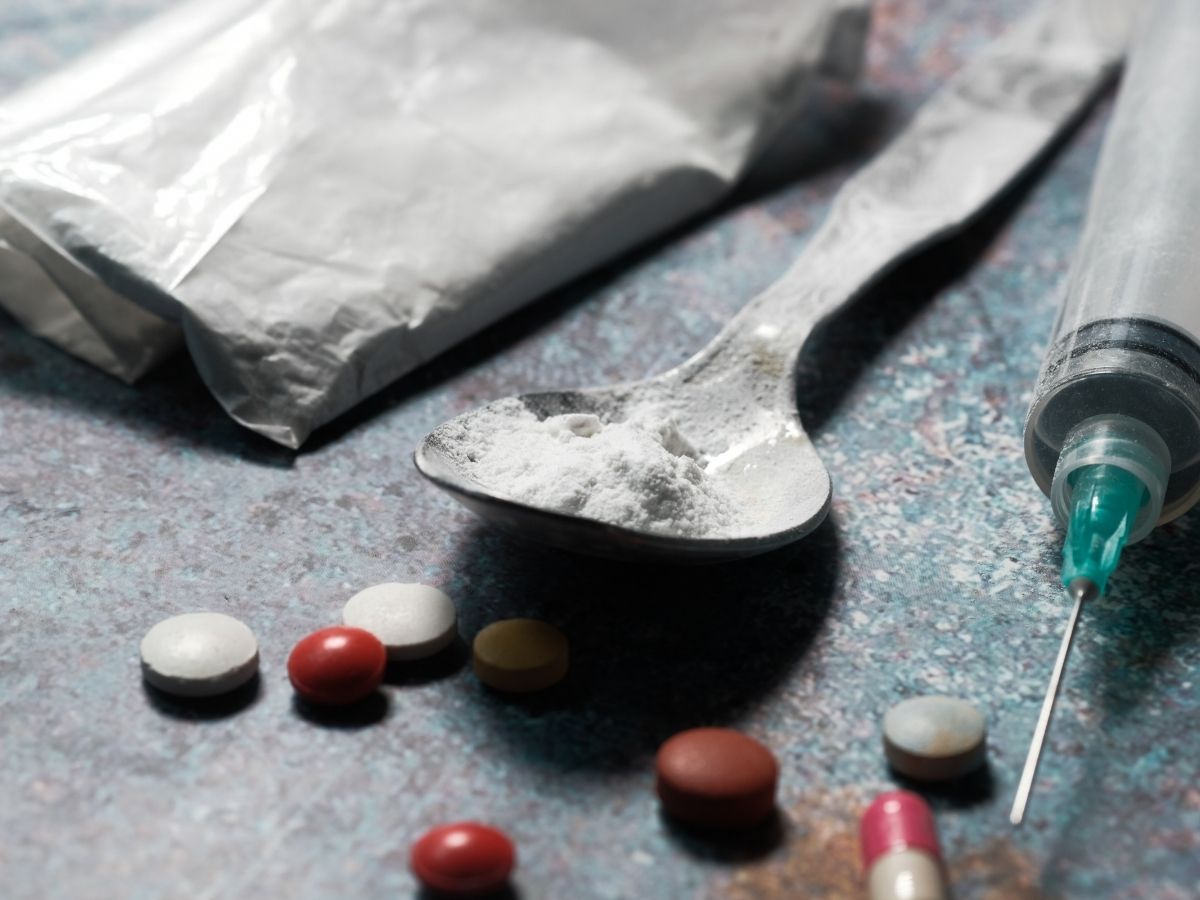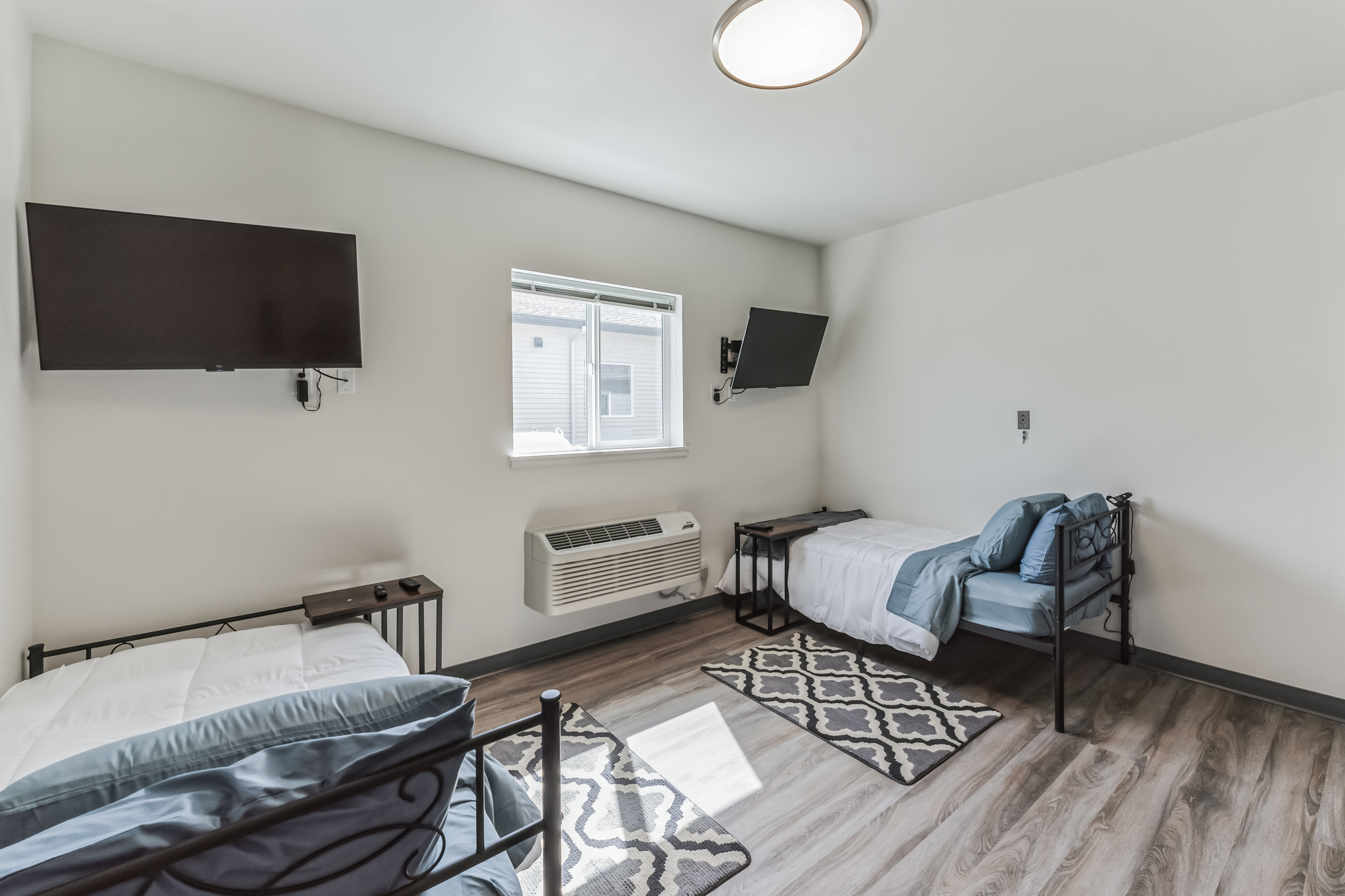
Mild depression may sound minimal, but in reality, it is complex and usually persistent for those who live with it. This is a psychological disorder that can progressively affect your lifestyle, social life, and overall well-being. Early identification of symptoms can make a substantial difference in acquiring the help you need.
Skip To
Table of Contents
What is Mild Depression?
Mild depression is one type of depressive condition that is less severe than major depression, though it includes low mood, loss of interest, and energy. Although the symptoms may not be disabling, they can be persistent and regularly interfere with daily activities. Others can call this minor depression, even though it is still serious and justified.
Even cases involving mild depressive symptoms must not be neglected. The earlier the treatment begins, the better the outcome will be.
Symptoms of Mild Depression
The first step on the way to curing depression is to understand the symptoms of depression. The signs may include the following.
- Feeling persistently sad, numb, or hopeless
- Trouble focusing or making decisions
- Fatigue or low energy
- Lack of motivation
- Loss of interest in activities you once enjoyed
- Irritability or restlessness
- Changes in sleep
- Weight loss or weight gain
These symptoms are typically mild and can interfere with your daily life at home and in the workplace. Without treatment, depressive episodes can occur more often or develop into moderately severe depression.
End the Emotional Pain. Get Your Life Back.
Feeling Depressed, Anxious or Struggling with Mental Health Illness? Get Safe Comfortable Mental Health Dual Diagnosis High-Quality Therapy From Counselors That Care. Begin Your Recovery Now.
Hotline: (509) 348-4077

What Causes Mild Depression?
A combination of factors can cause mild depression, including the following.
- Biological factors like changes in brain chemistry
- Genetics or family history of mental illness
- Hormonal shifts
- Chronic medical conditions
- Substance abuse
- Past trauma or stress
Sometimes, there’s no apparent reason. Depression can affect anyone, regardless of background or lifestyle.
How is Mild Depression Diagnosed?
Some criteria allow mental health professionals to diagnose depression based on the American Psychiatric Association diagnostic criteria in the Diagnostic and Statistical Manual of Mental Disorders, also known as the DSM-5. Although your symptoms may be deemed mild, an adequate assessment helps in providing the best treatment options.
During your consultation, a professional will ask you questions about your thoughts, feelings, and how you act. Be as open and honest as possible.
Treatment Options for Mild Depression
Thankfully, mild depression is very treatable. With adequate measures and guidance, most people improve. Standard treatment methods include the following options.
1. Therapy
One of the most effective coping skills is the use of the Cognitive Behavioral Therapy (CBT). It is a well-organized type of talk therapy that is beneficial to you in that it helps you do the following.
- Recognize negative thinking patterns
- Build healthier coping skills
- Develop tools for managing stress and emotions
CBT is useful especially to those having early or low level depression experiences.
2. Medications
In other cases, physicians can prescribe Selective Serotonin Reuptake Inhibitors (SSRIs). These drugs assist in restoring normal serotonin levels in the brain and they could increase mood and energy.
The most popular SSRI drugs include the following.
- Fluoxetine (Prozac)
- Sertraline (Zoloft)
- Escitalopram (Lexapro)
Make sure you talk to your doctor about any potential side effects and monitor your body’s response.
3. Lifestyle Adjustments
A holistic change may be used to treat mild depression and it consists of the following actions.
- Regular exercise
- Healthy sleep habits
- Balanced diet
- Reducing or eliminating alcohol and drug use
- Practicing mindfulness and relaxation techniques
These techniques should not be overlooked and can highly contribute to your mental well-being.
Get Help. Get Better. Get Your Life Back.
Searching for Accredited Dual Diagnosis Mental Health Centers Near You?
Even if therapy failed previously, or are in the middle of a difficult crisis, we stand ready to support you. Our trusted behavioral health specialists will not give up on you. When you feel ready or just want someone to speak to about counseling alternatives to change your life call us. Even if we cannot assist you, we will lead you to wherever you can get support. There is no obligation. Call our hotline today.
FREE 24/7 Dual Diagnosis Mental Health Services HotlineTypes of Depression
Depression is a spectrum that includes the following disorders.
- Major depressive disorder
- Mild manic depressive disorder
- Seasonal affective disorder
- Persistent depressive disorder (dysthymia)
- Postpartum depression
Knowing the type helps tailor your treatment.
When to Seek Help
If you also start noticing a constant state of sadness, a refusal to attend social events, or find it hard to handle daily tasks, then you should seek help. When not addressed at an early stage, it may cause increasing symptoms or long-term depression.
Mental health professionals will develop an individualized program that allows you to regain control. Through talk therapy, medication, or a support group, there are many ways to heal and start feeling better soon.
Comfortable Facilities & Amenities
High-Quality Mental Health Services & Behaviroal Health Substance Abuse Treatment
Rehab Centers TourRenowned Mental Health Centers. Serene Private Facilities. Inpatient Rehab Programs Vary.
Mental Health Helpline: (509) 348-4077Proven recovery success experience, backed by a Team w/ History of:
15+
Years of Unified Experience
100s
5-Star Reviews Across Our Centers
10K
Recovery Success Stories Across Our Network
- Low Patient to Therapist Ratio
- Comprehensive Dual-Diagnosis Treatment
- Complimentary Family & Alumni Programs
- Coaching, Recovery & Development Events
- Comfortable Onsite Medical Detox Center
Support Systems Matter
Recovery is not a solo journey. Family members can significantly assist their loved ones who experience depressive symptoms to seek assistance and remain active in the course of treatment. Support can come from anyone you feel close to, including the following.
- Family and friends
- Therapists and doctors
- Community or peer support groups
The process of opening up can be complicated, but it lays the foundation for long-lasting mental wellness.

Frequently Asked Questions (FAQs)
-
In which part of Spokane Valley, Washington can one get care for mild depression?
We Level Up Washington offers effective treatment for mild depression. With a personalized care plan and access to licensed therapists, you are never left alone in your healing journey. To learn more or schedule a confidential consultation, please get in touch with us today.
-
In what region of Spokane, WA or such cities as Liberty Lake or Post Falls should I seek treatment of mild depression?
We Level Up Washington is our facility located in Spokane, WA, and offers help to the surrounding areas. Our comprehensive treatment plans help you deal with depressive states, learn about CBT, and get the best help from professionals.
Final Thoughts
There is no use waiting until things get intolerable to seek help. Mild depression can begin as a small or minor issue but continue to grow. Being able to understand your symptoms early, expressing yourself to a professional, and adopting minor lifestyle changes can change everything.
We Level Up Washington is here to assist you with your mental health condition at any stage, whether you need to find answers, treatment, or support for a loved one experiencing sadness and struggling to understand why. Don’t let weeks or months pass before you get help for mild depression signs and symptoms.
You are not alone. Healing starts with a conversation.
World-class, Accredited, 5-Star Reviewed, Effective Mental Health Dual Diagnosis Programs. Complete Integrated Inpatient Rehab with Free Post Discharge Therapy Planning.
Hotline: (509) 348-4077End the Emotional Pain Rollercoaster. Gain Stability & Happiness Through Recovery Treatment. Start Mental Health Counseling Today. Get Free No-obligation Guidance by Behaviroal Health Specialists Who Understand Mental Health Recovery.
Summary
Call today to speak with our team and learn more about our programs. We Level Up Washington: (509) 348-4077. Your next step starts here.




